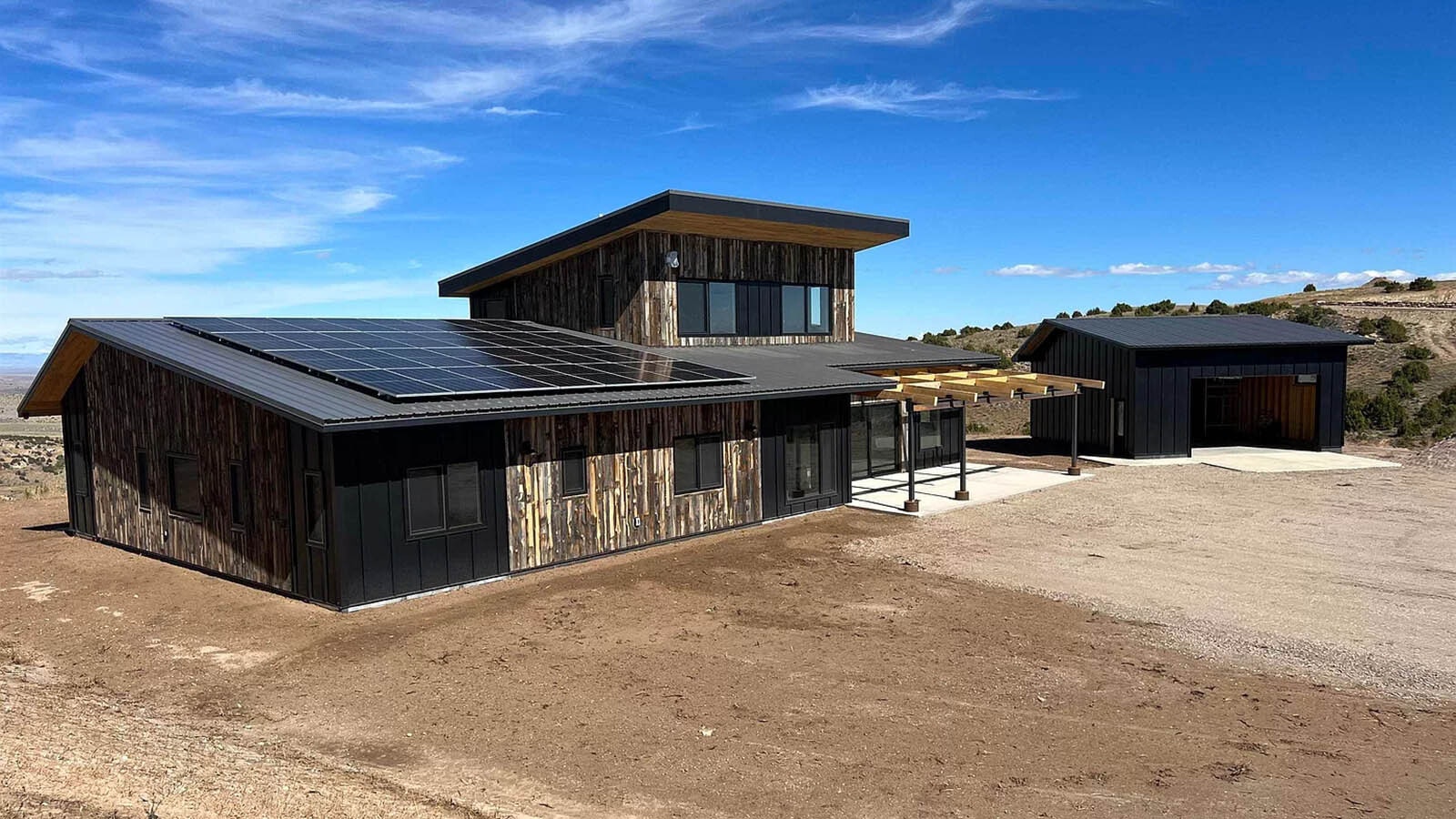The Wyoming Supreme Court has reversed a determination made by the Wyoming Public Service Commission that permitted a tiny utility in central Wyoming to set how much it pays members who sell excess power they generate back to the grid.
The payments made by Riverton-based High Plains Power Inc. would affect selling back their extra electricity — called net metering — of some members who produce power on their own through renewable generation from wind turbines or solar panels.
The new tariffs were struck down by the Wyoming Supreme Court last week after a complaint was filed by two environmental activist organizations in Wyoming.
Spokespeople for the Powder River Basin Resource Council and Wyoming Outdoor Council, the organizations who brought the lawsuit against the PSC and High Plains Power, were not available for comment. Neither were PSC and High Plains Power available to comment.
A tariff sets the price per kilowatt-hour for electricity that a utility may charge its customers.
Net metering is an electricity billing mechanism that allows consumers who generate some or all their own power to use that electricity anytime, instead of when it’s generated.
This is particularly important with renewable energy sources like wind and solar, which are non-dispatchable. This means that the power produced can’t just be moved automatically over the grid for reliability purposes.
Overstepped
In the ruling, the Wyoming Supreme Court ruled that the PSC and High Plains Power, which is a member of Colorado-based Tri-State Generation and Transmission Association, a giant cooperative with member organizations in a four-state territory, including parts of Wyoming, overstepped state law on what is permitted through net metering in Wyoming.
The court essentially found that net metering compensation is not subject to the PSC’s ratemaking authority, and that compensation paid to net metering customer generators is not a rate or a tariff.
High Plains Power, which filed its application on new tariffs for “customer generators” in July 2002, serves customers in a 12,500-square-mile area in central Wyoming, primarily in rural areas.
High Plains buys its energy at a wholesale price from Tri-State and then distributes electricity to its members.
Fewer than 100 “customer-generators” of High Plains who generate electricity through small systems on their property, use net metering and contribute their excess power to High Plains.
Pat Maio can be reached at pat@cowboystatedaily.com.





